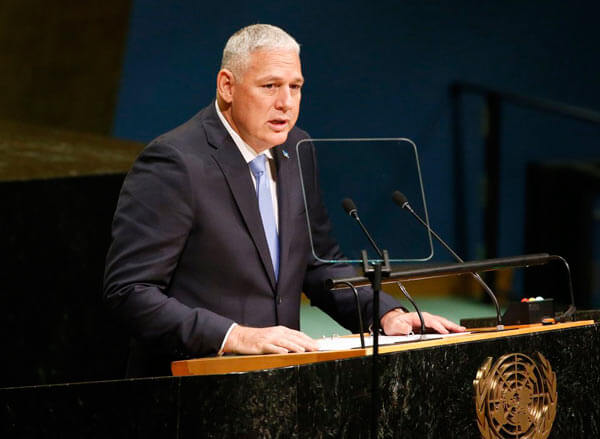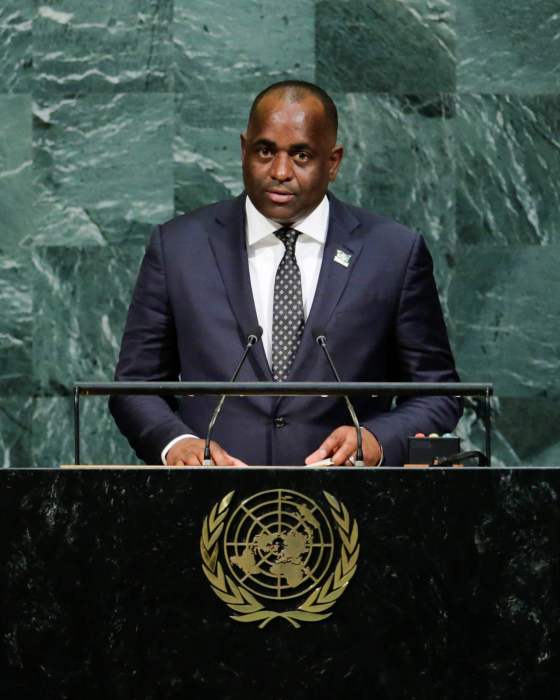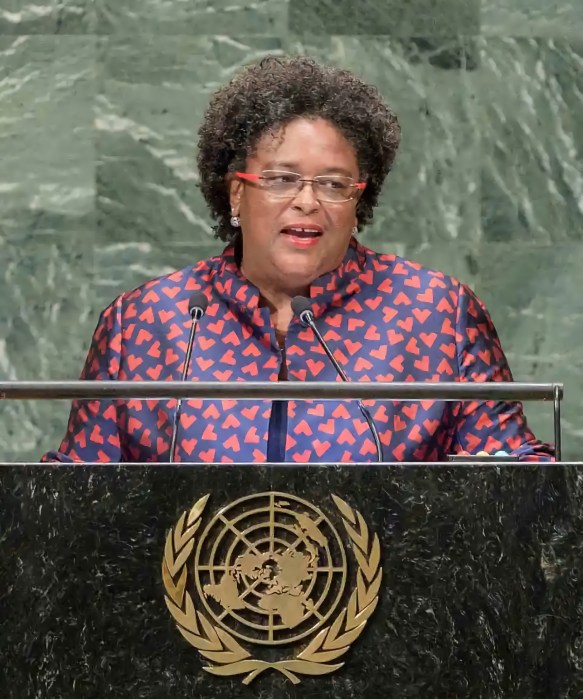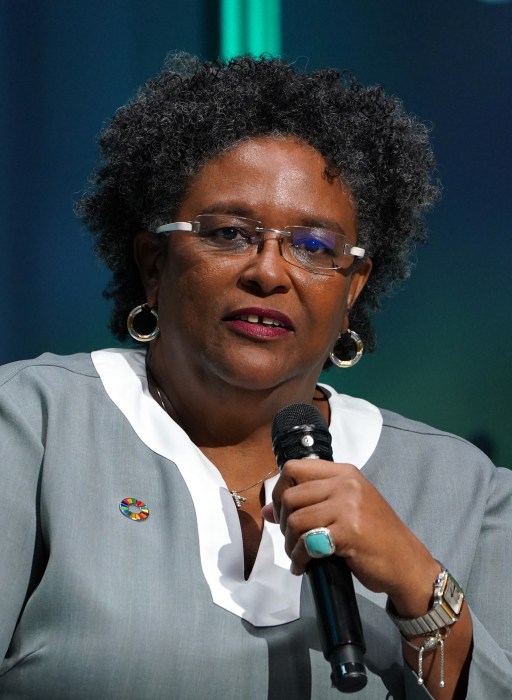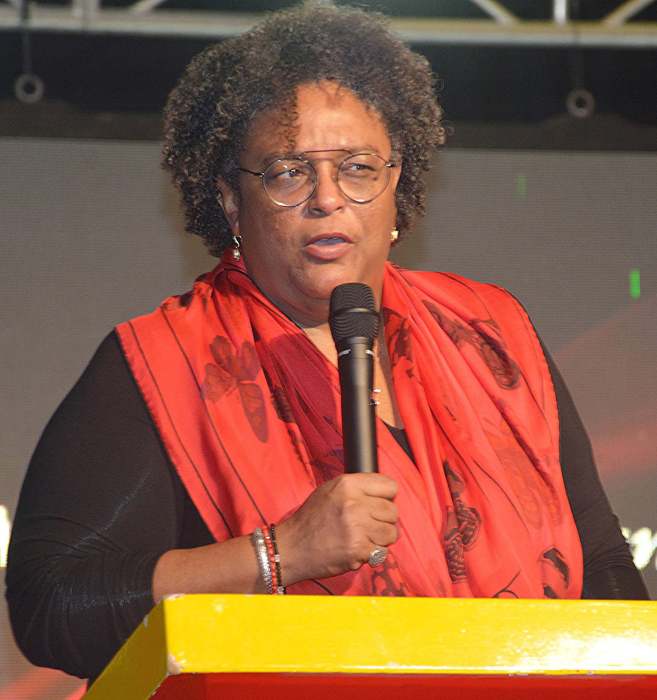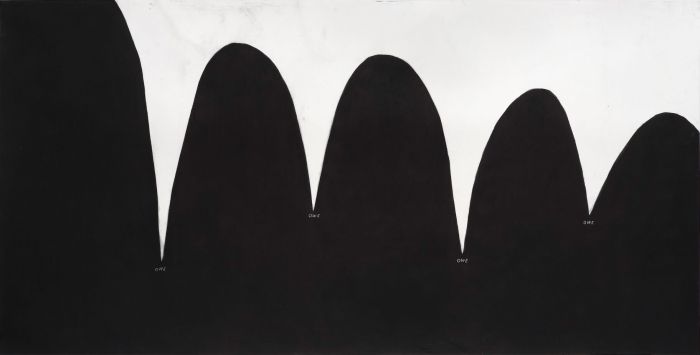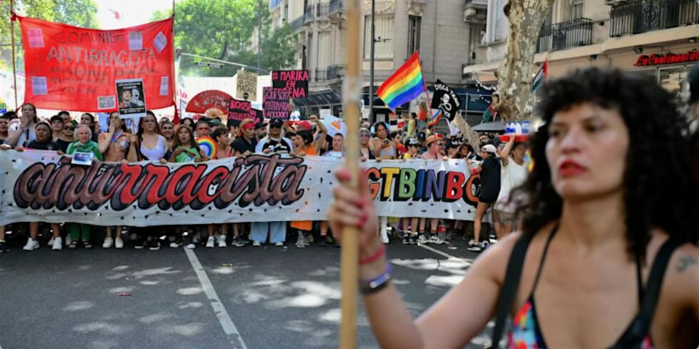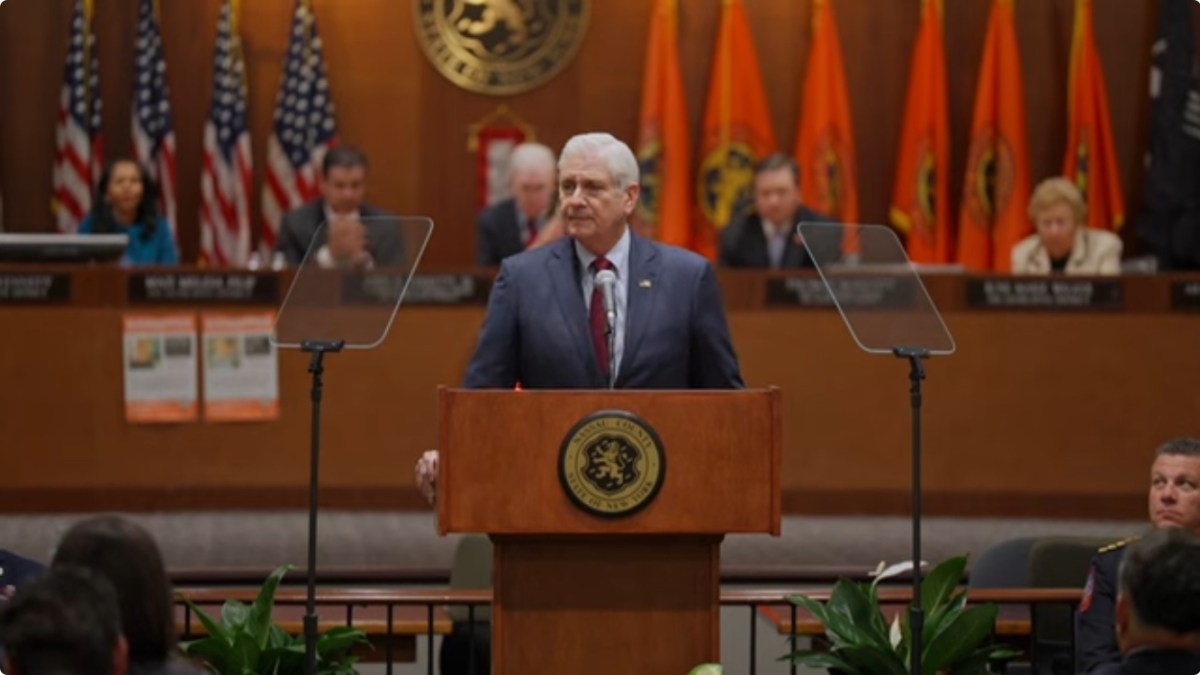Barbados
Barbados has joined a list of countries who have criticized the recent International Narcotics Control Strategy Report (INCRS) published by the US Department of State’s Bureau for International Narcotics and Law Enforcement Affairs, which claimed that the island was among several countries that the US regards as major money laundering countries.
Part of the report states, “narcotics trafficking, money laundering, and firearms trafficking are major sources of illicit funds in Barbados. In addition to the use of financial institutions, money laundering through the purchase of real estate, vehicles, and jewelry as well as through a variety of businesses.
Attorney General and Minister of Home Affairs, Adriel Brathwaite said that this finding is “misleading” and in respect of Barbados merely cited “a number of generic methods of money laundering that may be found in any country.”
He said there is nothing to support the view that they are at proportions that would have a significant impact on the local economy, or cause the faintest ripple in the international financial sector.
The attorney general acknowledged that the illegal drugs trade is the crime that is of the greatest concern in the country.
Braithwaite emphasized that Barbados is neither a producer of drugs for export, nor does or manufacture guns, contrary to the State Department’s assertion that “narcotics trafficking and firearms trafficking are major sources of illicit funds in the country.”
Antigua and Barbuda and Nevis have also rejected the INCRS report.
Cayman Islands
The Chief Justice of the Grand Court of the Cayman Islands, Anthony Smellie, has issued an order prohibiting the public from making photocopies of court proceedings.
According to a notice posted on the door of the clerk’s office, the public can review the court files and take notes, but no method of copying or photographing, as in the past, will be permitted.
People can still access and take notes on court records after paying $20 inspection fee. Obtaining photocopies — for an additional fee of $20 per document per page — is allowed for “any legitimate purpose,” including investigative journalism, with prior approval from the clerk of the court.
According to the notice, publishing public court documents online could constitute a violation of copyright, an apparently questionable rationale given the material in question comprises public documents in the first place.
Dominica
Dominica will construct an international airport that is estimated to cost around US$20 million. But this does not include land acquisition, according to Prime Minister Roosevelt Skerrit.
Speaking at a recent Town Hall meeting about the citizenship by investment program he addressed the much debated subject of an international airport for Dominica.
He said a US firm which was charged to conduct studies for the construction of the airport has reported its findings to the Cabinet.
The prime minister said the team has been given the go-ahead to conduct the environmental impact assessment.
“Our country will see itself having an international airport. And what the experts have said is that the airport is feasible, the airport can be constructed and I have said to them is that I want this international airport constructed in Dominica,” Skerrit said.
The prime minister noted that his government has always been in favor of an international airport, however, funding has been his paramount concern.
Jamaica
The Commonwealth Caribbean Association of Integrity Commissions and Anticorruption Bodies (CCICACB) recently held a five-day conference in Kingston, Jamaica, which organizers said provided an opportunity to share best practices and develop mechanisms for tracking corruption regionally.
Jamaica hosted the conference for the first time, the third staging of the regional conference which was facilitated through the London-based Commonwealth Secretariat.
Sharing of practical operational experiences among anti-corruption bodies from across the region was part of the conference agenda.
The main objective was how to develop systems and programs for the betterment of countries.
The conference brought together some international delegates including Commonwealth Secretary General, Deodat Maharaj and Anti-Corruption Advisor, Dr. Roger Roranteng, as well as CCAICACB Chairman, Lady Anade Trotman-Joseph.
St. Vincent
The National Emergency Management Organization (NEMO) is warning that the La Soufriere Volcano remains an active volcano and “will erupt again.”
The volcano erupted almost four decades ago and NEMO warned that while it “has been quiet for some time, it is still an active volcano and will erupt again. Citizens would know where they live in relation to the volcano and in which hazard zone they are located.”
NEMO advised La Soufriere last erupted 38 years ago, in 1979.
NEMO will be joined by the Seismic Research Center (SRC) of the University of the West Indies, the Soufriere Monitoring Unit (SMU) and the Forestry Division to commemorate the 38th anniversary of the last eruption and to raise awareness of the risk and science associated with the active volcano this month.
St. Lucia
Prime Minister Allen Chastanet has removed government multibillion funding for the St. Lucia National Trust (SLNT) in the budget estimates currently being debated in parliament.
It is widely regarded as punishment for its opposition to a proposed dolphin park and its outspoken criticism of environmentally damaging components of a controversial development in St. Lucia.
The SLNT, joined by conservationists across the world had opposed to the Chinese-sponsored co-called Pearl of the Caribbean project that poses a serious threat to the country’s ecological cultural an archaeological heritage.
There is a proposal to build a causeway linking the Maria Islands Nature Reserve to the mainland, one of the only two wildlife havens, which is officially a protected area.
The prime minister has removed the entire Office of the Prime Minister’s contributions of $700,000 towards the work of the SLNT from this year’s budget.
Trinidad
Trinidad and Tobago President Anthony Carmona is urging other CARICOM states who have not replaced the London-based Privy Council with the Caribbean Court of Justice as their final court in legal matters that they should consider doing so now.
Though 12 of the 15 CARICOM member states have signed the agreement establishing the CCJ, only Barbados, Guyana, Dominica, and Belize have accepted the court as the end decision-maker.
Carmona, who served as a High Court judge before his appointment as President of T&T in 2013, expressed his frustration over the long delay in members joining the CCJ, while speaking in Barbados recently during a presentation on Redefining Caribbean Pride for the 21st Century Youth, to the University of the West Indies, cave Hill Campus, undergraduate organization, Students Today Alumni Tomorrow.
President Carmona said he sees acceptance by all territories of CCJ to be the court of the last resort as another step towards fortifying the Caribbean identity.
He noted that CCJ is predominately of Caribbean origin, and according to a CARICOM document, “judges appointed to the CCJ are evaluated on the basis of wide-ranging criteria, including experience and high moral character”.
— compiled by Azad Ali


